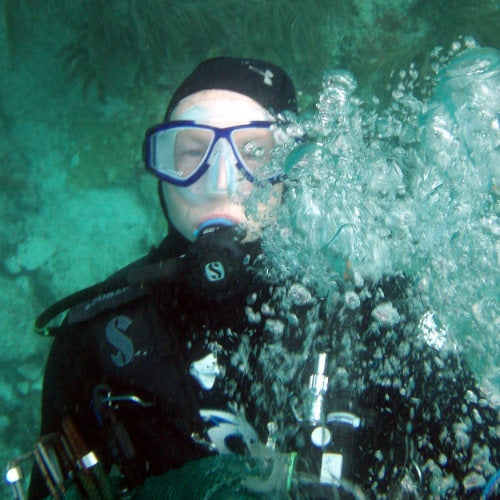Wetland science and management
Department scientists study multiple aspects of wetlands, including plant ecology, wildlife ecology, soil science, and hydrology. In addition, they address the impacts of land use on the integrity of wetlands and develop management techniques that will assure the wise use of these valuable resources. Recent and current department research in wetlands includes: the breeding ecology of wetland-dependent songbirds; development of field methods for accurately locating wetland boundaries; the influence of wetland hydrology on tree growth and forest community composition; the importance of bordering upland forests to forested wetland birds and mammals; freshwater and coastal wetland restoration; assessment of wetland wildlife habitats using geographic information system technology; and vernal pool ecology.
Watershed science
Watershed scientists examine the fate and transport of water and waterborne substances in the uplands and wetlands that contribute to our aquifers, lakes, and estuaries. A major research thrust of the Department of Natural Resources Science concerns the sources and sinks of nitrate in coastal watersheds. In one recent project we evaluated numerous alternative onsite wastewater treatment systems for their capacity to remove nitrate and minimize degradation of fragile coastal ponds. In another project, Department scientists have used a combination of field-scale, mesocosm, and laboratory microcosm approaches to examine the role of riparian wetlands as “hotspots” for nitrate removal. We also develop GIS models and test the validity of existing spatial data to identify high-risk locations for nitrate contamination.
Labs and programs
Faculty
Clinical Assistant Professor, Director, New England Onsite Wastewater Training Program
401.874.5707
alibba@uri.edu
Clinical Assistant Professor
Department of Natural Resources Science
401.874.5586





